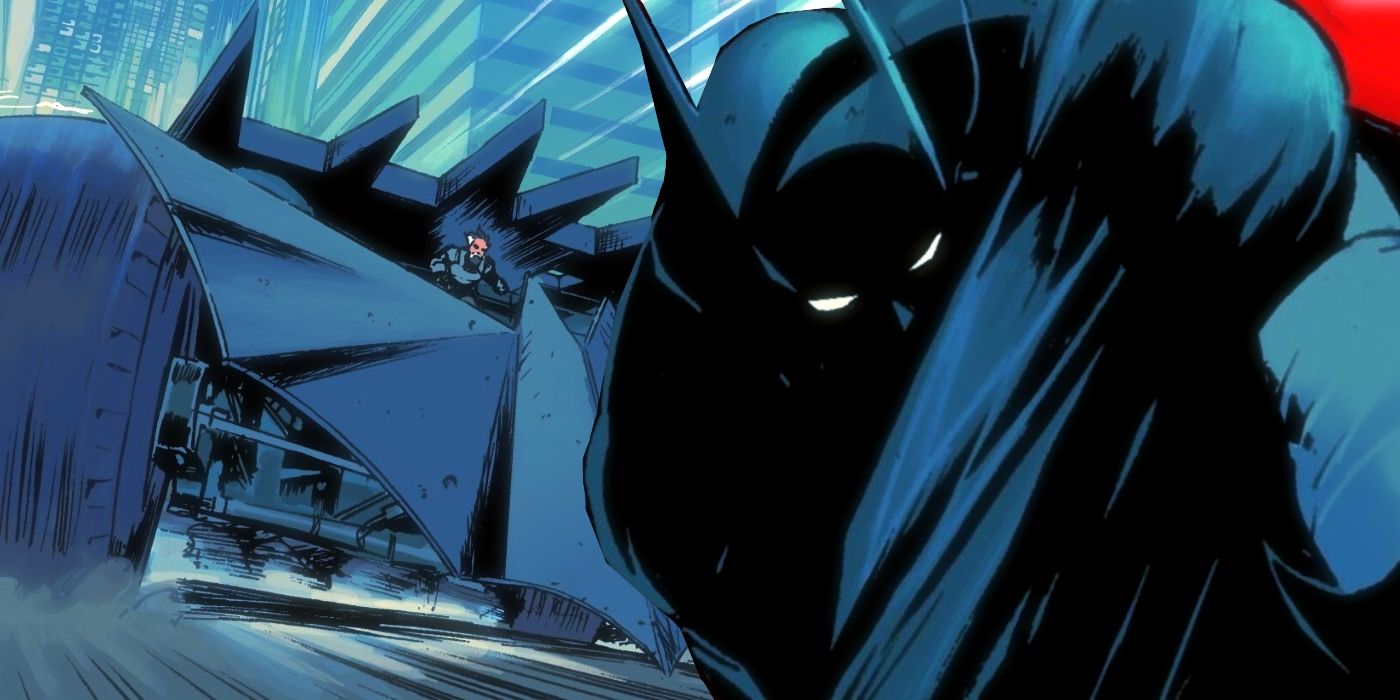Warner Bros. Discovery said it would, going forward, “serve as the parent company for two distinct operating divisions,” one that holds linear TV networks, and another centered around production studios and streaming platforms, in a bid to “enhance its strategic flexibility and create potential opportunities to unlock additional shareholder value.”
The maneuver was unveiled Thursday, just days after Comcast said it planned to spin off the bulk of its NBCUniversal cable networks into a publicly traded company, and will no doubt fuel speculation about the potential for deal making between the two companies.
“Our new corporate structure better aligns our organization and enhances our flexibility with potential future strategic opportunities across an evolving media landscape, help us build on our momentum and create opportunities as we evaluate all avenues to deliver significant shareholder value,” said David Zaslav, CEO fo Warner Bros. Discovery, in a statement.
The company said it hopes to complete its reorganization by the middle of 2025.
In some ways, executives see the new corporate organization as a way to reassemble the company after a spate of mergers in recent years — one that married Discovery Communications with the former Scripps Networks and another that made Discovery the acquirer of the Warner assets from AT&T. That last move saddled the new company with billions in debt just as the rise of streaming has eroded the value of traditional cable significantly.
Those dynamics have crimped Warner’s ability to maneuver. The company has also had to contend with downturns in viewership at CNN and the loss of a critical rights deal with the NBA that has fueled ad sales and ratings at its TNT cable network for years. In August, Warner wrote down the value of its cable networks by $9.1 billion, a nod to the migration of ad dollars to streaming venues and the diminishing future prospects for audiences without the NBA, which will move to NBA and Amazon in its next season.
The reorganization may raise some eyebrows. HBO, the premium cable service, is slated to be included with the company’s streaming and studios assets, according to a person familiar with the matter, because it is so closely tied to the Max streaming service. And despite the split of studios from networks, Channing Dungey, the Hollywood executive who was named earlier this year to oversee both the company’s studio operations and its TV networks following the retirement of current U.S. networks chief Kathleen Finch, is still expected to take on that overarching role, this person says.
There will be many other logistical issues to solve. CNN, for example, is in the midst of putting more resources into streaming and digital media. Would any new business be part of the new TV networks unit, or belong to the studios and streaming operations?
Still, a split along these lines may give Warner Bros. Discovery more freedom to pursue other strategies, such as a spin off, sale of certain assets, or acquisitions. While Warner continues to service debt, the new Comcast entity is expected to be well-capitalized, and executives there have positioned the new “SpinCo” as a potential acquirer of other cable networks and media properties. Comcast on Thursday declined to comment on Warner’s reorganization.
More to come









 English (US) ·
English (US) ·